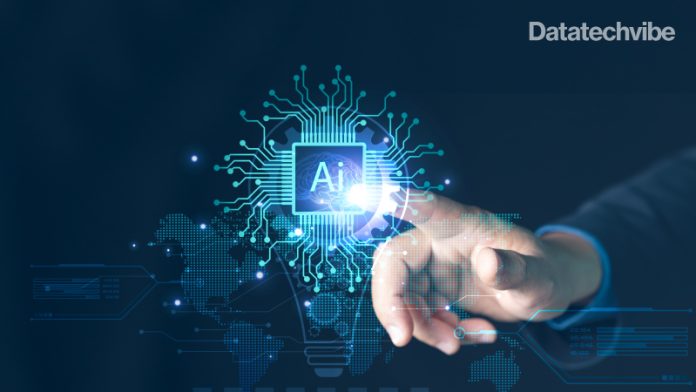The Xanadu release from ServiceNow marks a significant leap in enterprise technology, offering powerful new AI-driven innovations to streamline business processes and unlock productivity.
ServiceNow has officially unveiled its latest platform update, the Xanadu release, which has been hailed as the company’s most impactful AI launch. Presented during an embargoed briefing, the Xanadu release introduces powerful innovations, setting a benchmark for enterprise software solutions.
The update is expected to transform how organisations leverage artificial intelligence (AI) in their workflows, enhancing industry efficiency and scalability.
This release continues ServiceNow’s tradition of naming platform updates after significant cities. Still, this time, they’ve opted to “go back in time” with Xanadu, a name symbolising a utopia of opportunity and innovation.
The timing is apt as the technology landscape witnesses unprecedented shifts towards AI-powered solutions. Among the most notable features of the Xanadu release are Raptor DB Pro, an enhancement to ServiceNow’s database engine designed to deliver a 53% improvement in transaction times and a 27-fold increase in query execution speed.
Heath Ramsey, Vice President of Outbound Product Management, explained, “With Raptor DB Pro, our customers can expect better performance, scalability, and responsiveness. This isn’t just about speed; it’s about unlocking productivity and ensuring businesses are equipped for the future of AI.”
A Focus on Seamless AI Integration
The Xanadu release is designed to meet the growing demand for AI-powered workflows.
Integrating GenAI is about more than riding the AI hype wave for ServiceNow. The company has invested in AI for several years, fine-tuning how AI enhances workflow automation. This focus on purposeful AI development is reflected in the Xanadu release’s features, designed to transform how enterprises manage data, automate tasks, and improve business outcomes.
ServiceNow’s AI agents are among the release’s most exciting new tools. These agents autonomously handle tasks, using available data to make informed decisions. For instance, the agents can manage customer service queries, as demonstrated during the briefing with a telecommunications company scenario. AI agents have already conducted network reviews and provided actionable insights, allowing human agents to focus on more complex issues.









